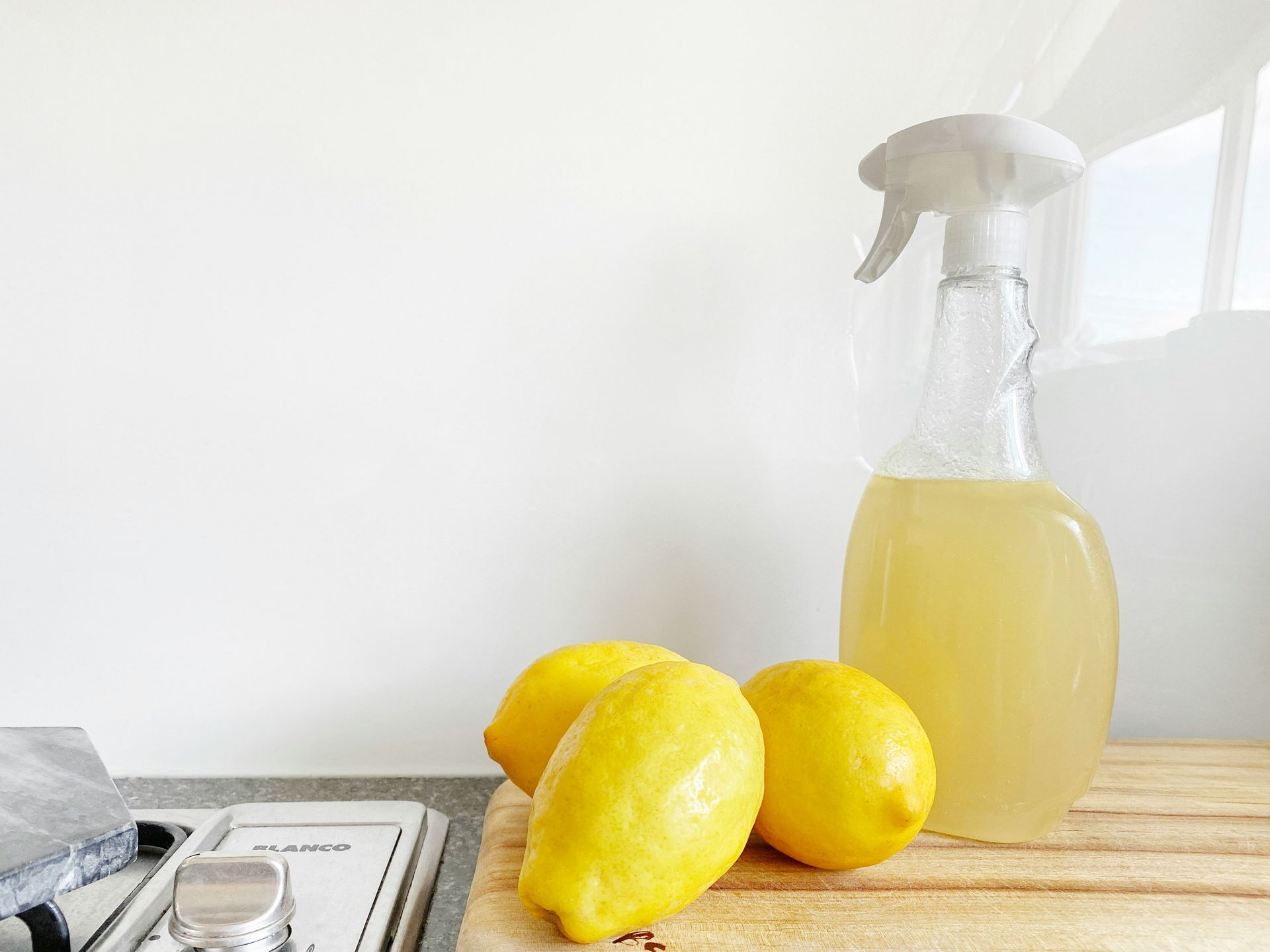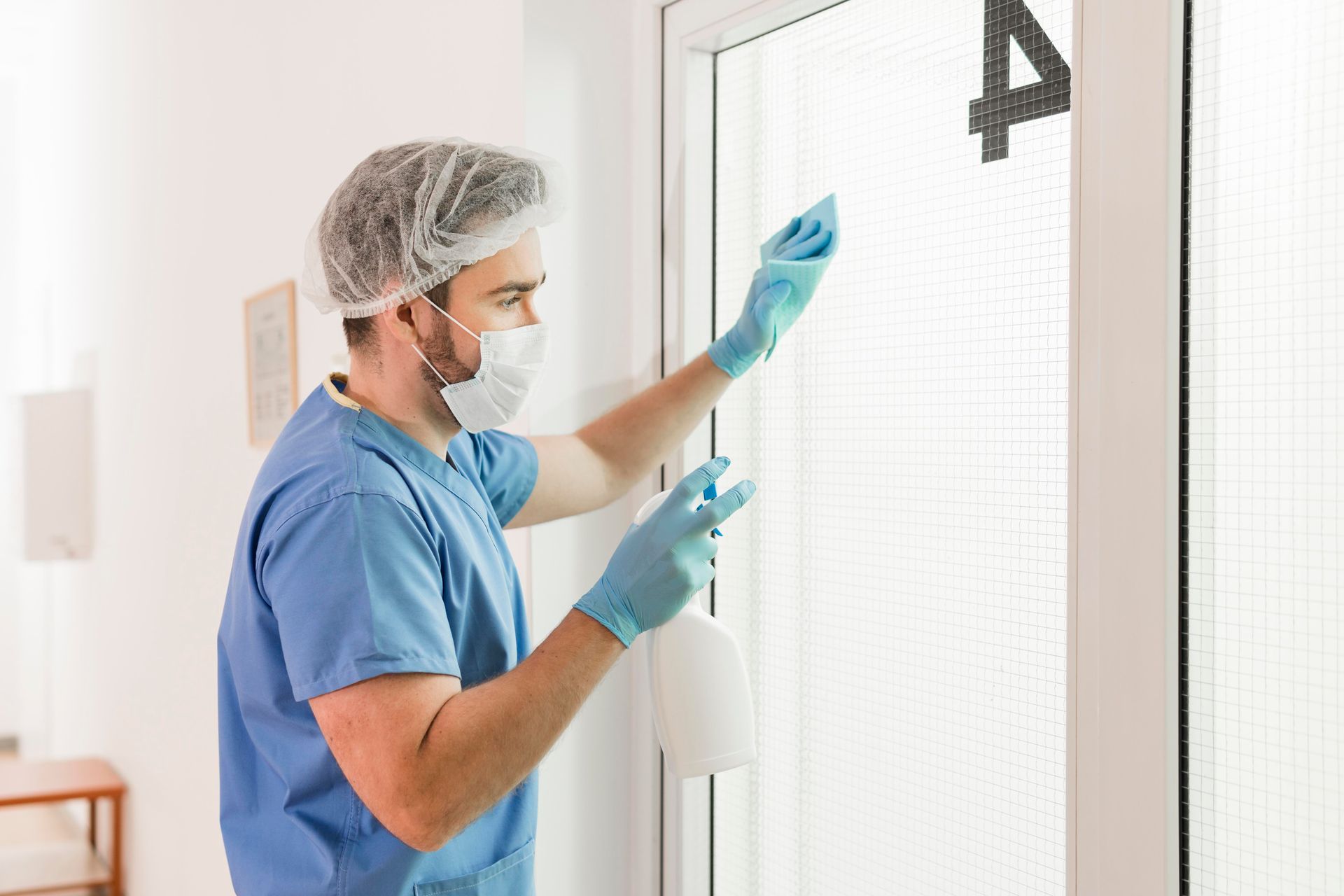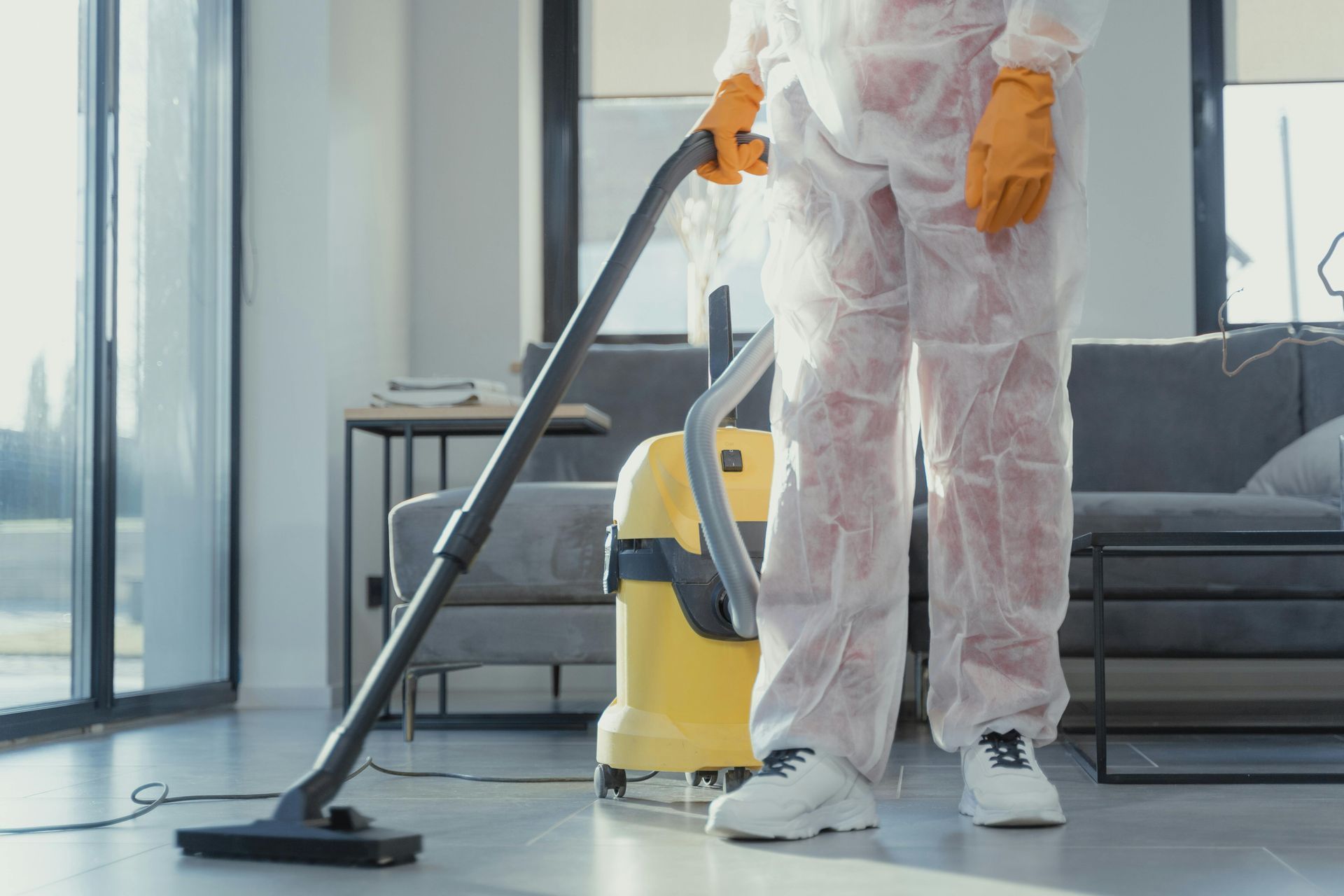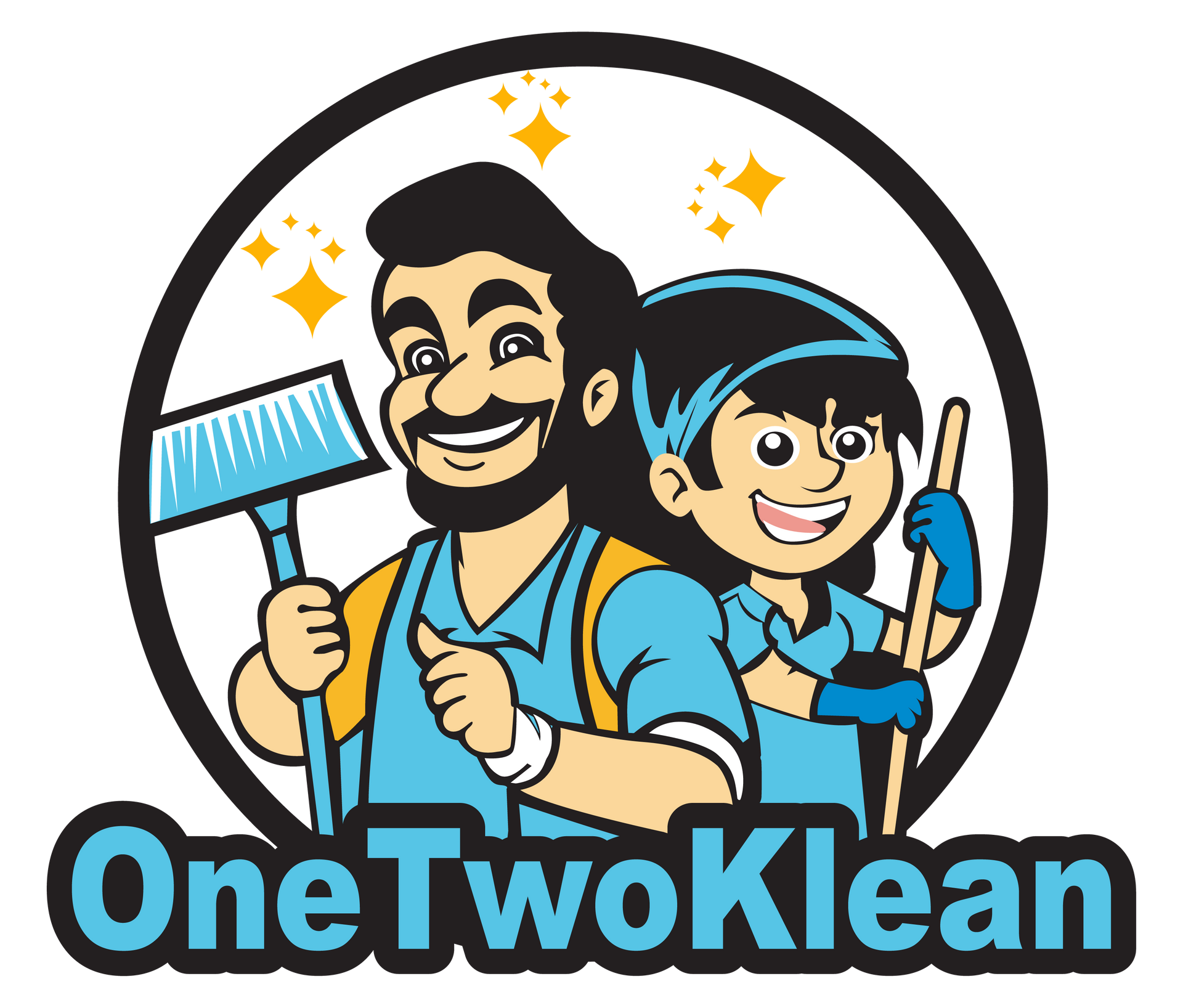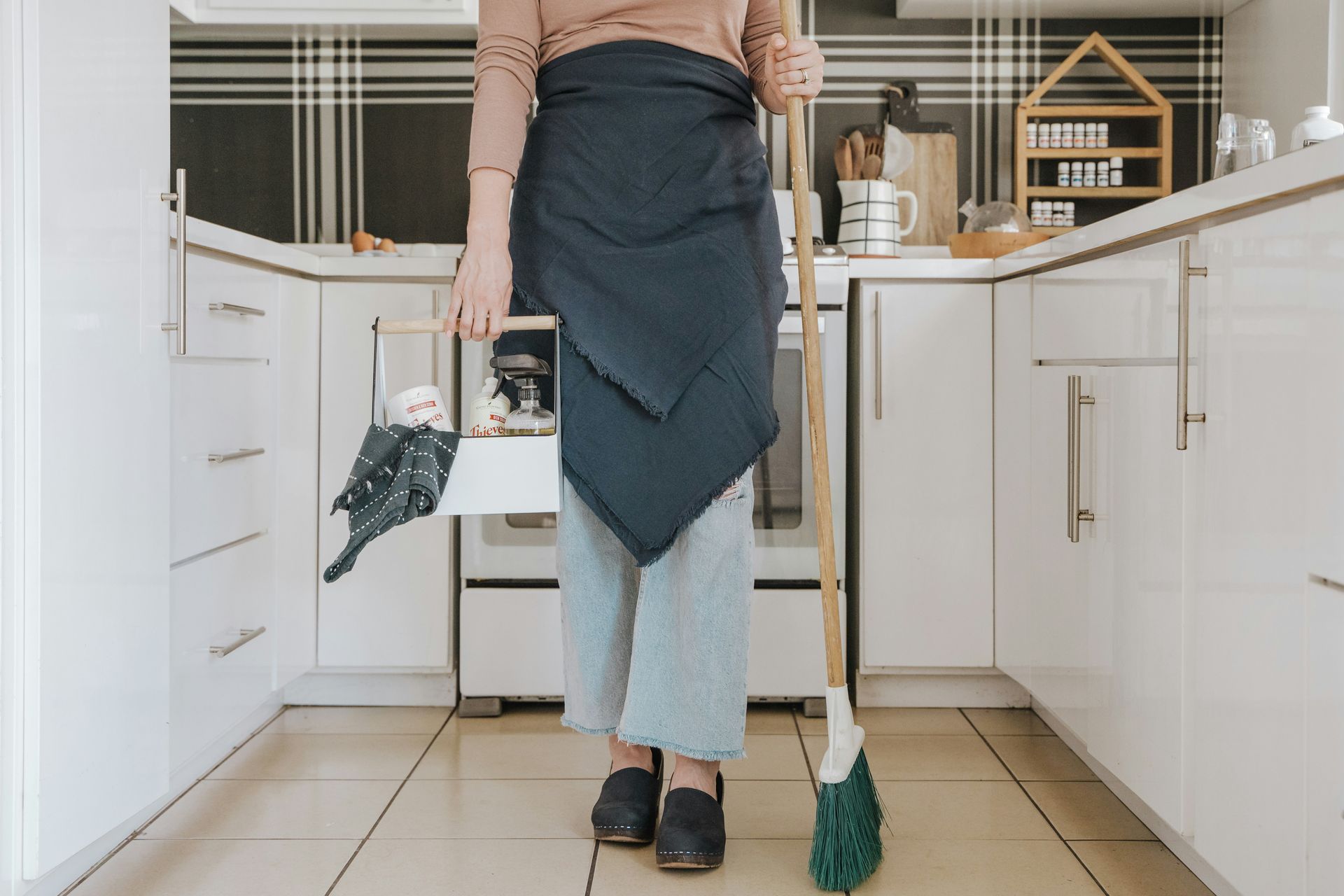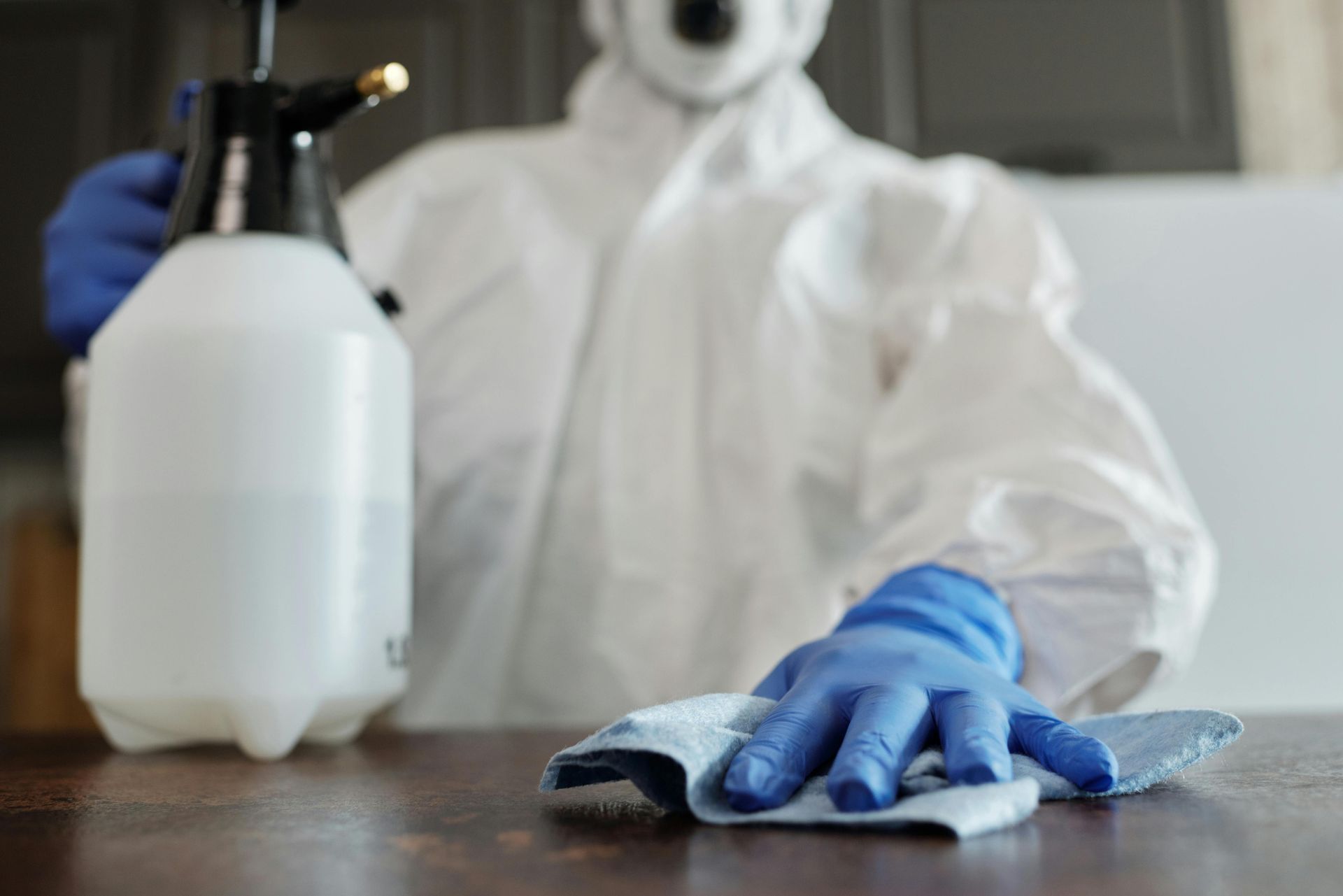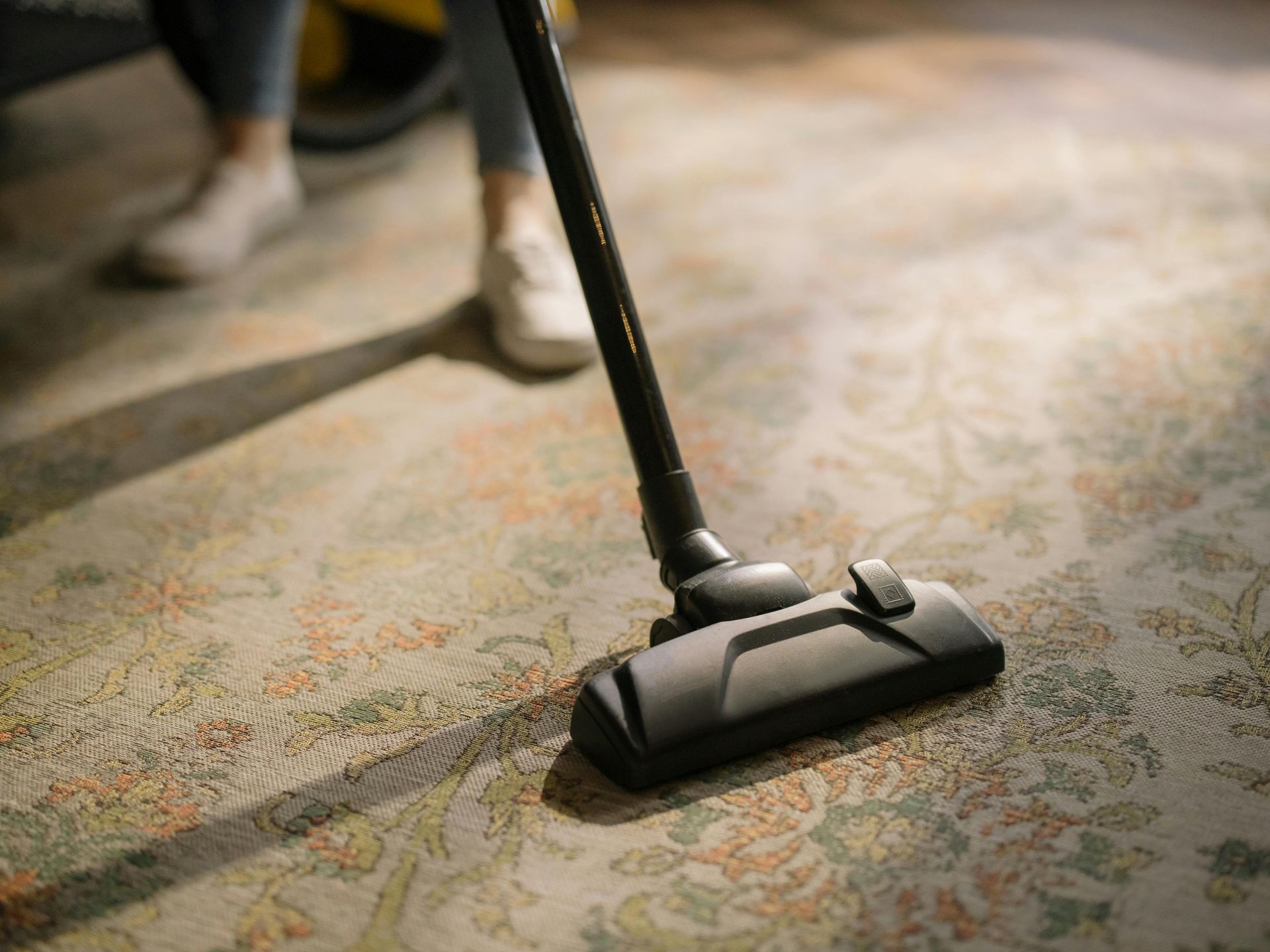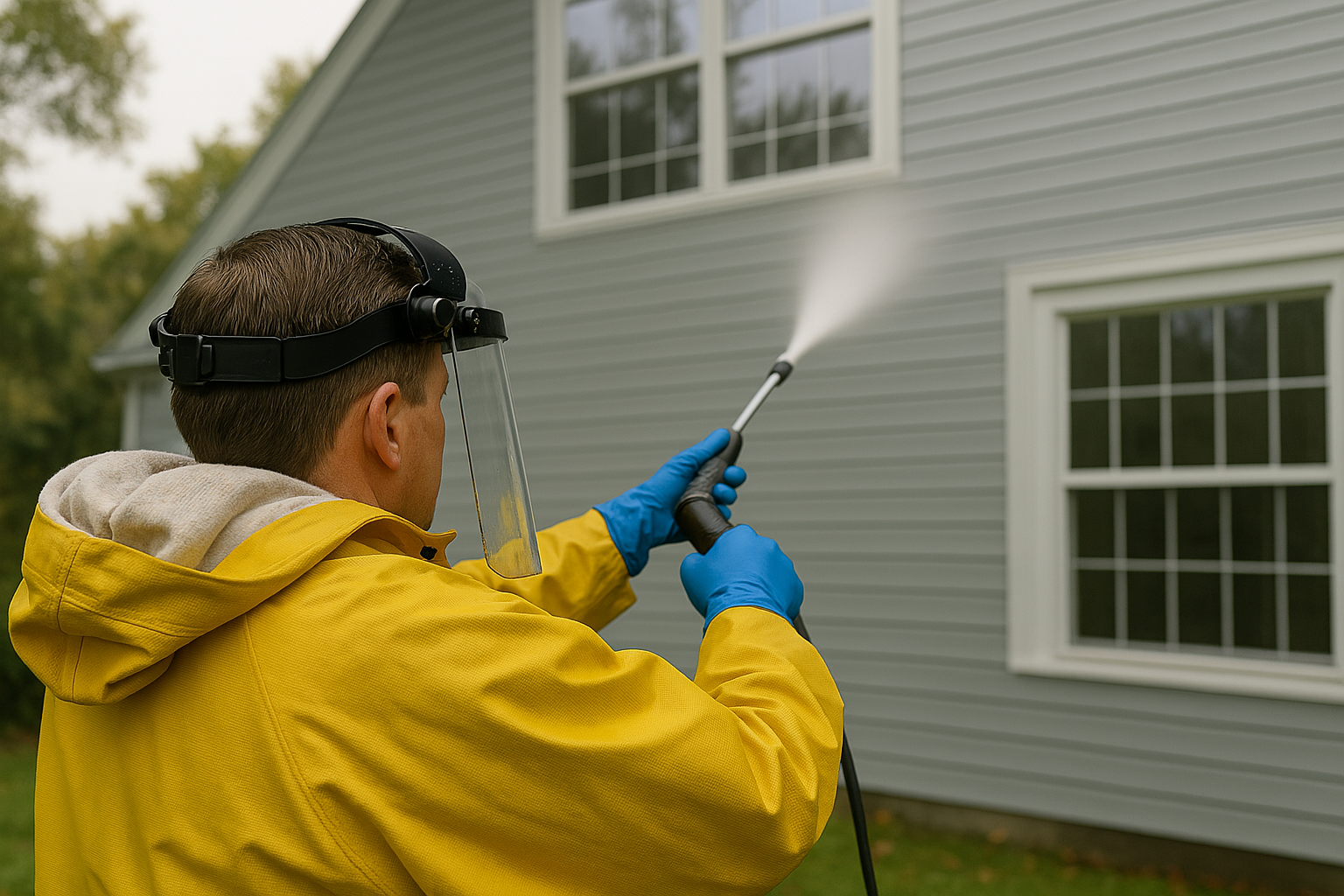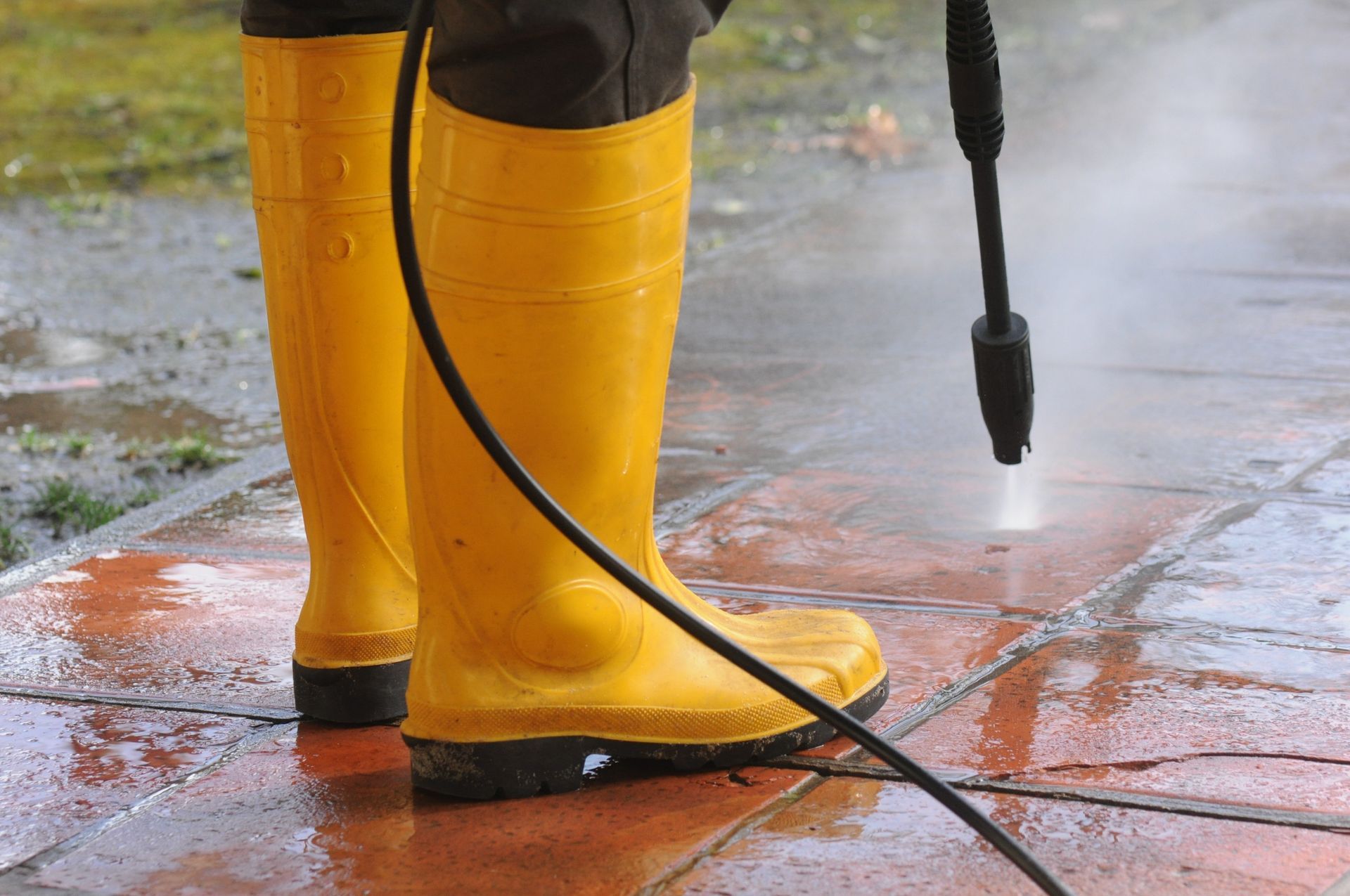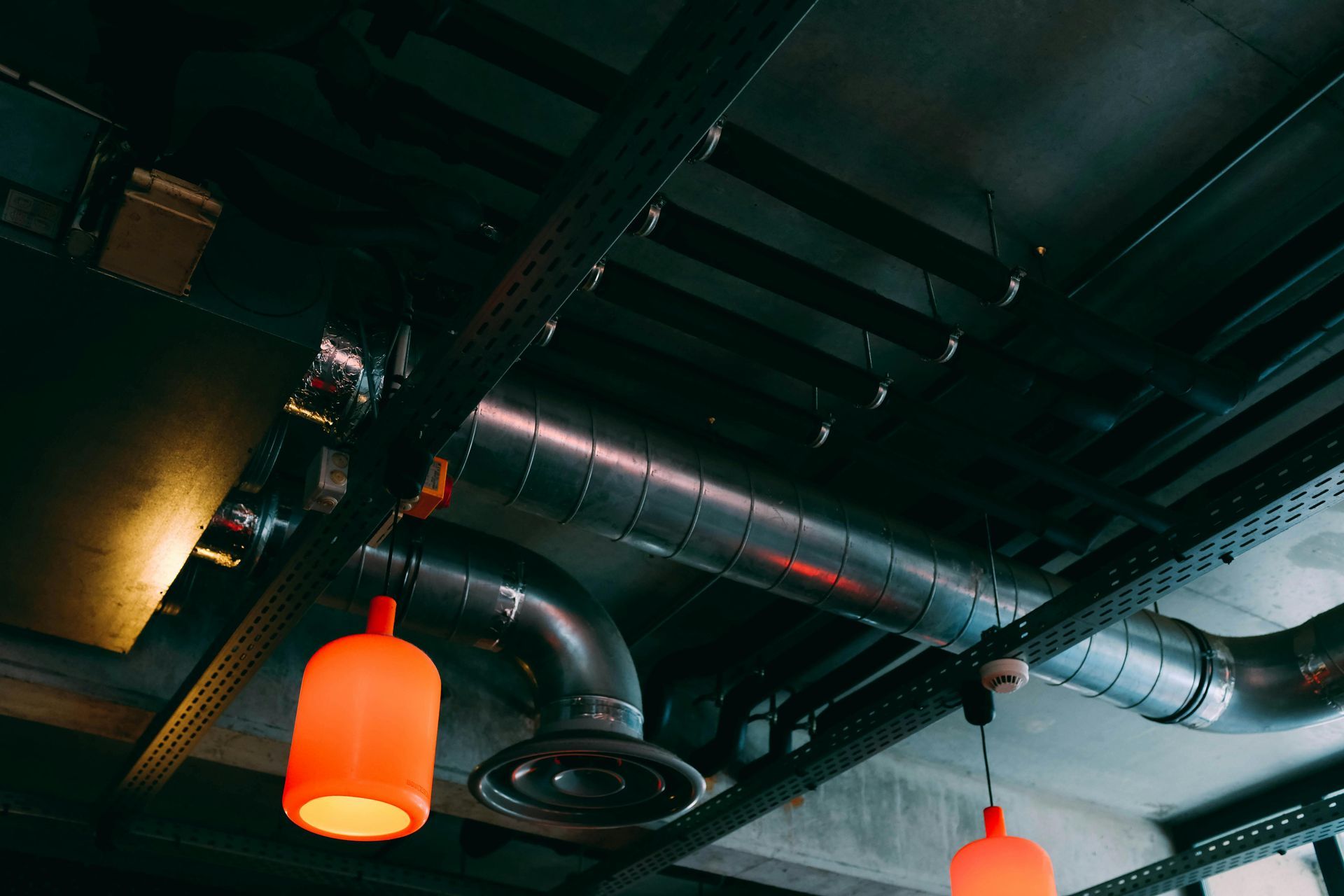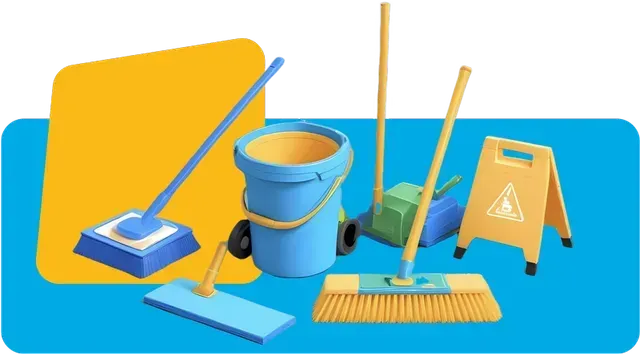Expert Commercial Kitchen Deep Cleaning: What to Expect?
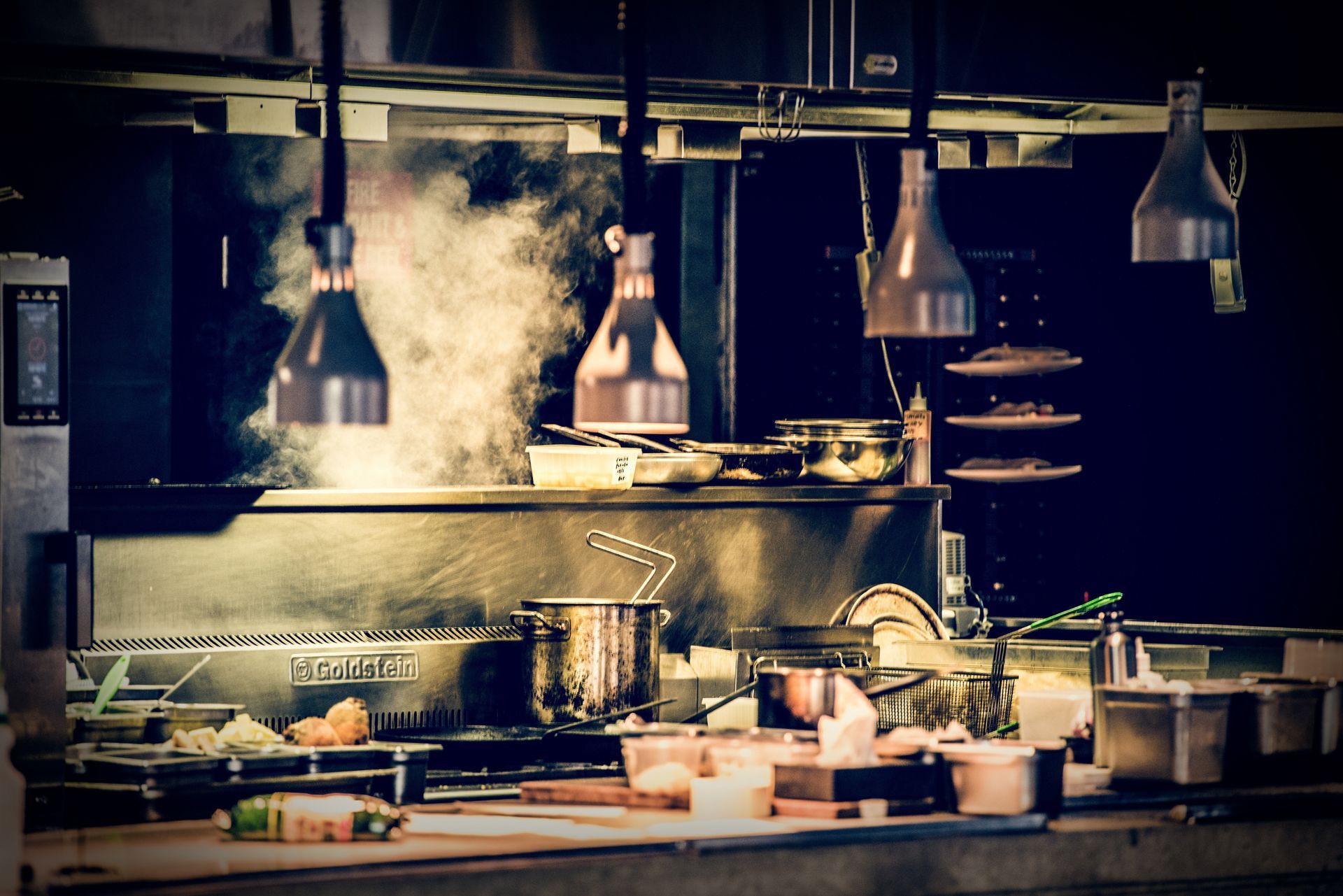
Commercial kitchens are hectic and high-traffic environments where grease, grime, and food residue accumulate over time. Without proper cleaning, this buildup can lead to serious health violations, pest infestations, and even equipment damage.
More importantly, neglected exhaust systems and vents can pose serious fire hazards, putting both staff and customers at risk.
Whether it’s a bustling restaurant, a hotel kitchen, or a café, maintaining deep cleaning is equally important to uphold high standards of hygiene and regulatory compliance.
Expert commercial kitchen deep cleaning is a specialised service designed to tackle the grime, grease, and hidden contaminants that regular cleaning often misses. Implementing a deep cleaning regimen not only helps your business to remain in the good books of the law but also enhances food safety and customer satisfaction.
Why Commercial Kitchen Deep Cleaning is Essential
A clean kitchen isn’t just about appearance — it’s a fundamental requirement for running a safe, efficient, and compliant business.
The deep cleaning is essential for commercial kitchens due to the following reasons:
Food Safety
Cleanliness and food safety go hand in hand.
Since commercial kitchens handle large quantities of food with high foot traffic, failure to maintain hygiene increases the risk of food contamination. This can lead to customer dissatisfaction and can harm your business reputation.
In contrast, kitchen deep cleaning prevents the growth and spread of food-borne illnesses by eliminating bacteria, mould, and other contaminants from surfaces and equipment.
Health and Safety Compliance
In Australia, commercial kitchens must comply with strict hygiene standards outlined by the Food Standards Code and legal council regulations.
Failure to comply can result in hefty fines, temporary closures, or even permanent business breakdowns.
A regular deep cleaning helps businesses to stay compliant with food safety regulations and so, making it easier to pass health inspections and maintain a strong business reputation.
Prevent Pest Infestations
Pests such as cockroaches, rodents, flies, and ants grow well in greasy, food-laden environments.
Hence, unclean kitchens with food residues and grease create a perfect breeding ground for pests which can ultimately contaminate the food, spread diseases, and cause property damage.
Deep cleaning eliminates grime and removes all the hidden food sources that make your commercial kitchen less attractive to pests.
Equipment Longevity
Kitchen equipment such as ovens, fryers, and exhaust systems, is a major investment in the commercial kitchen.
Over time grease and grime buildup can clog vents, corrode surfaces, or may lead to costly repairs or premature equipment failure. Regular deep cleaning ensures that all the appliances remain in optimal condition and function at their best.
Fire Hazard Reduction
One of the biggest risks in the commercial kitchen is the accumulated grease in hoods and vents. If not properly cleaned, these residues become highly flammable and can result in dangerous grease fires.
Due to this reason, the Australian Standards (AS 1851-2012), recommend commercial kitchens to inspect their exhaust system monthly and annually to prevent fire hazards.
Deep cleaning removes this flammable grease which not only protects staff and customers but also ensures compliance with fire safety regulations, such as NCC and AS 1851-2012.
What’s Included in a Professional Deep Cleaning Service
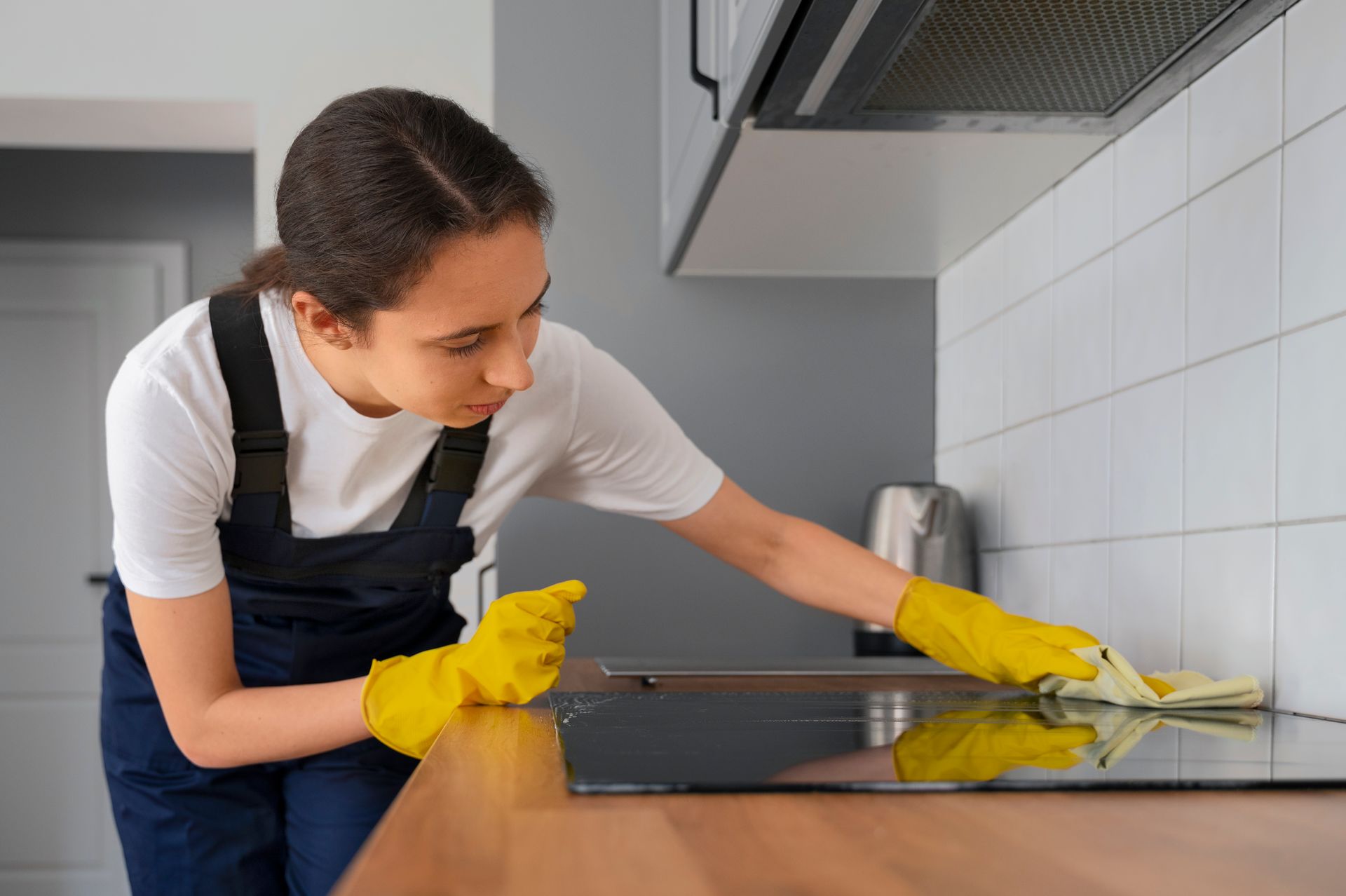
A professional deep cleaning service ensures that every corner of your kitchen is cleaned and sanitised properly.
Here’s a detailed breakdown of the process:
Pre-Cleaning Assessment
Efficient and thorough cleaning starts with a pre-cleaning assessment to evaluate the kitchen condition and identify those areas that need special attention.
This includes inspecting exhaust hoods, cooking equipment, and drains to determine the level of grease buildup or fire hazards. This assessment also helps the professional team create a customised cleaning checklist based on the kitchen’s size, layout, and operational needs.
Key Areas Cleaned
Once a cleaning checklist is prepared, the team will start a thorough deep cleaning process. They will systematically clean and sanitise different areas, equipment, and surfaces, including:
- Exhaust Systems: Degreasing the filters, ducts, and fans of your exhaust systems to prevent fire hazards.
- Cooking Equipment: Cleaning oven racks, burner gates, fryers, and steamers with specialised solutions.
- Food Preparation Surfaces: Sanitising countertops, sink basins, faucets, and drains, to remove any deposits, bacteria, or stains.
- Storage Areas: Emptying and cleaning pantry shelves, kitchen drawers, cabinets, as well as refrigerators and freezers.
- Floors and Walls: Scrubbing and mopping the floor with commercial-grade floor cleaner and paying special attention to high-traffic areas and corners.
With that, the technicians also clean other areas and small equipment like coffee machines and microwaves and pay special attention to high-touch areas, such as buttons, switches, and handles to maintain a hygienic environment for everyone.
Specialised Tools and Techniques
The whole cleaning process is carried out by specialised cleaning tools and techniques such as:
- High-Temperature Steam Cleaning: To break down grease and kill bacteria without any harsh chemicals.
- Eco-Friendly Degreasers: Effectively dissolve grease and are safe for the food environment.
- Pressure Washing: To remove tough stains, grease, and dirt from floors and walls.
In addition to these advanced and professional tools and techniques, technicians use professional-grade and environmental cleaning solutions that are much better than store-bought products.
Post-Cleaning Inspection
Once the cleaning and disinfection are completed, professionals conduct a final re-inspection to ensure that all the surfaces have been cleaned thoroughly and meet the highest hygiene standards.
Some companies even provide you with proper compliance certifications for health and fire safety inspections.
How Often Should You Schedule Deep Cleaning?
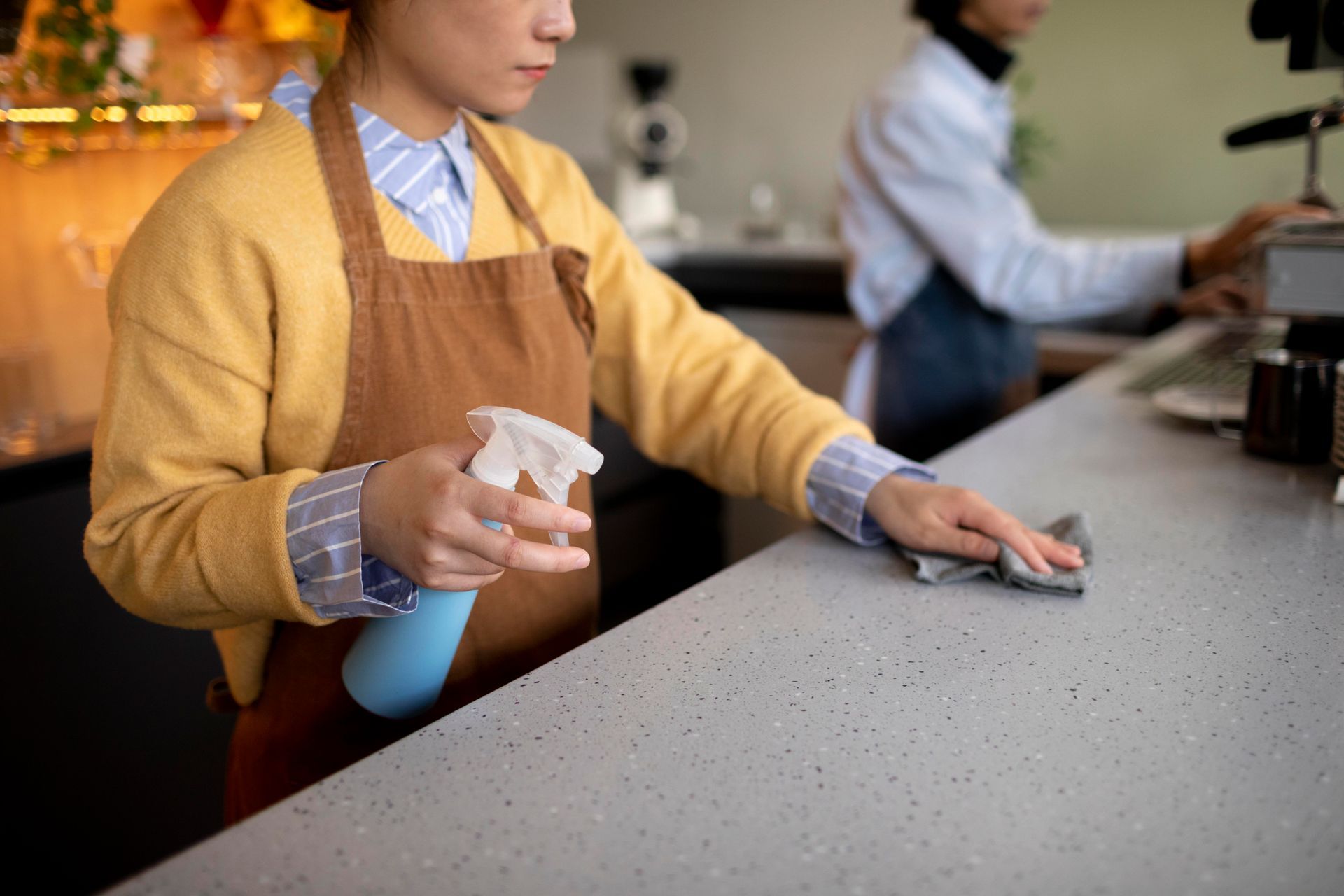
The frequency of deep cleaning in the commercial kitchen depends on several factors including the volume of food preparation, cuisine type, and the regulatory requirements.
High-traffic kitchens, e.g. busy restaurants, fast food chains, and cafes require monthly deep cleaning. Lower-traffic kitchens, such as seasonal businesses can opt for a quarterly deep cleaning schedule while maintaining strict daily and weekly maintenance.
Exhaust systems in particular require more strict maintenance due to fire and safety regulations. According to the National Fire Protection Association (NFPA 96), deep cleaning of exhaust systems should occur at least every six months to remove flammable grease deposits.
Sign You Need Immediate Deep Cleaning
Even with a regular deep cleaning schedule, certain warning signs indicate that an urgent deep cleaning session is required.
These warning signs include:
- Lingering Odours: This could be caused by grease and food residue accumulating in hidden areas, leading to bacterial growth and unpleasant smells.
- Visible Grease Buildup: When grease layers become thick, they stick on kitchen surfaces, floors and ventilation systems which not only pose hygiene issues but increase the risk of fire.
- Pest Activity: If you have tracked the presence of pests such as cockroaches, rodents, or flies, it is a clear signal that there is neglected debris and grease.
If you notice any of these signs, immediately call the professional deep cleaning service to prevent food safety violations and business disruption.
Benefits of Hiring Experts vs. In-House Cleaning
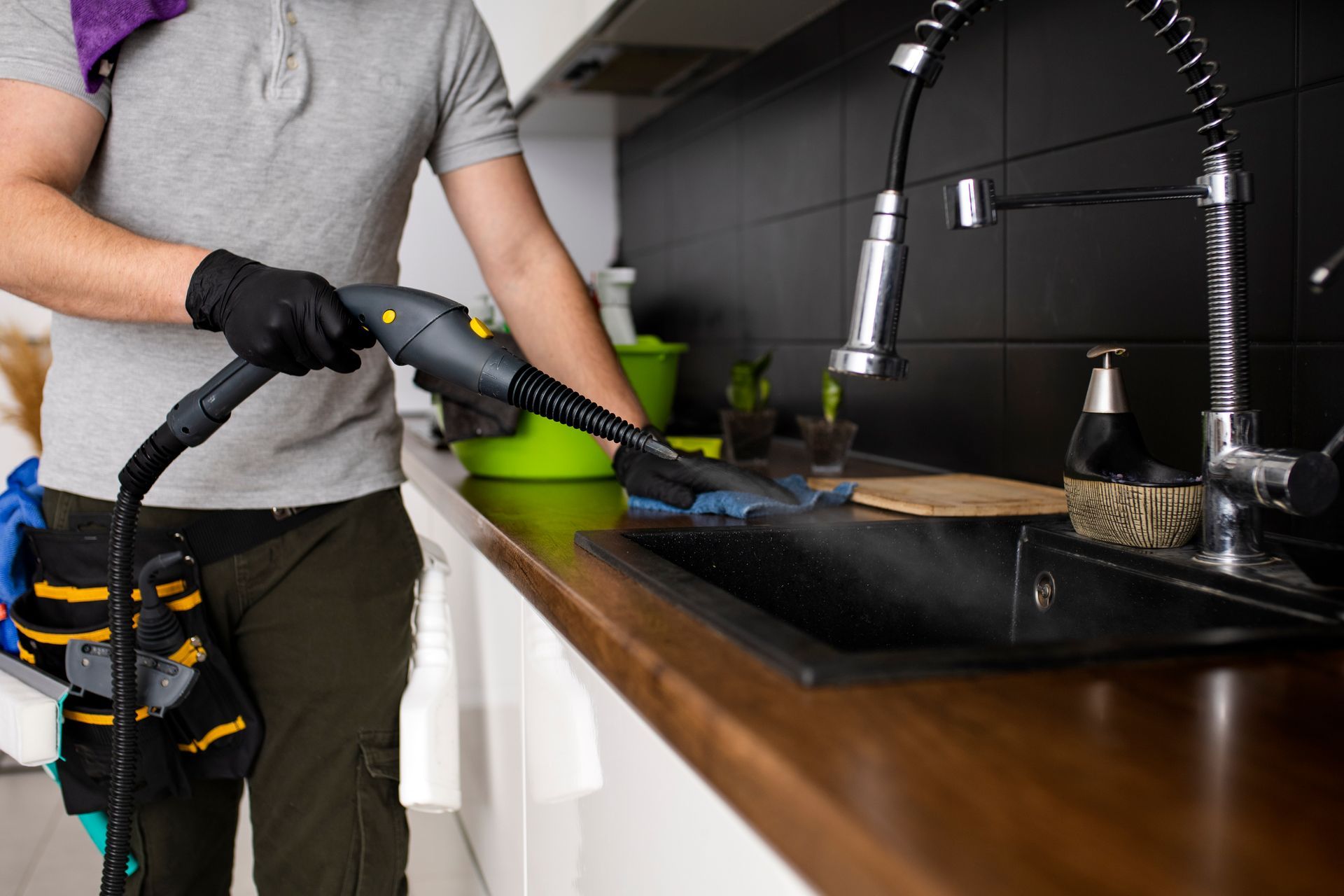
Cleaning and hygiene procedures are vital to any commercial kitchen. Still, it is easy to neglect deep cleaning when there is plenty of other stuff to do. On the other hand, outsourcing deep cleaning to a third party brings a plethora of benefits over relying on in-house staff:
Expertise
Professional deep cleaning services employ technicians who are experts in food safety and hygiene. They understand and follow the strict food safety regulations outlined by the FDA, HACCP, etc.
Advanced Equipment
Professional cleaners use high-powered, industry-specified tools and cleaning agents that standard kitchen staff don’t have access to, such as high-temperature steam cleaners, pressure washers, specialised exhaust, and duct cleaning equipment which provide far superior results.
Time Efficiency
Professional cleaners can complete the process of deep cleaning in half of the time as compared to in-house crews. Some service providers also offer overnight services or during closed hours to prevent business disruptions.
Guaranteed Results
One of the biggest advantages of hiring a professional cleaning service is the assurance of quality and accountability. Different companies provide documentation proving that the kitchen meets food safety and fire safety standards, which is useful during health inspections.
With that, professional companies also provide post-service support which includes regular inspection and cleaning visits. This helps to prevent any potential issues before they become major problems.
How to Choose the Right Deep Cleaning Service
Selecting the right cleaning service is crucial for maintaining hygiene, ensuring compliance, and protecting your business reputation.
Use this checklist to make an informed decision:
- Certifications: Certifications serve as proof that the cleaning service meets industry standards and follows best practices. Look for BICS, ISO 9001, and HACCP certifications.
- Industry Experience: When hiring a cleaning service, choose the one with a proven track record of working with restaurants and hotels kitchen cleaning.
- Eco-Friendly Cleaning Products: Make sure that, your chosen company use environmentally friendly and food-safe products. You can ask for the list of cleaning products they use and verify whether they comply with food safety standards.
- Transparent Pricing: A reputable company should provide clear pricing. Look for the one with no hidden fees to avoid unexpected charges later.
By following this checklist, you can hire a deep cleaning service that is reliable, compliant and delivers high-quality results.
FAQs About Commercial Kitchen Deep Cleaning
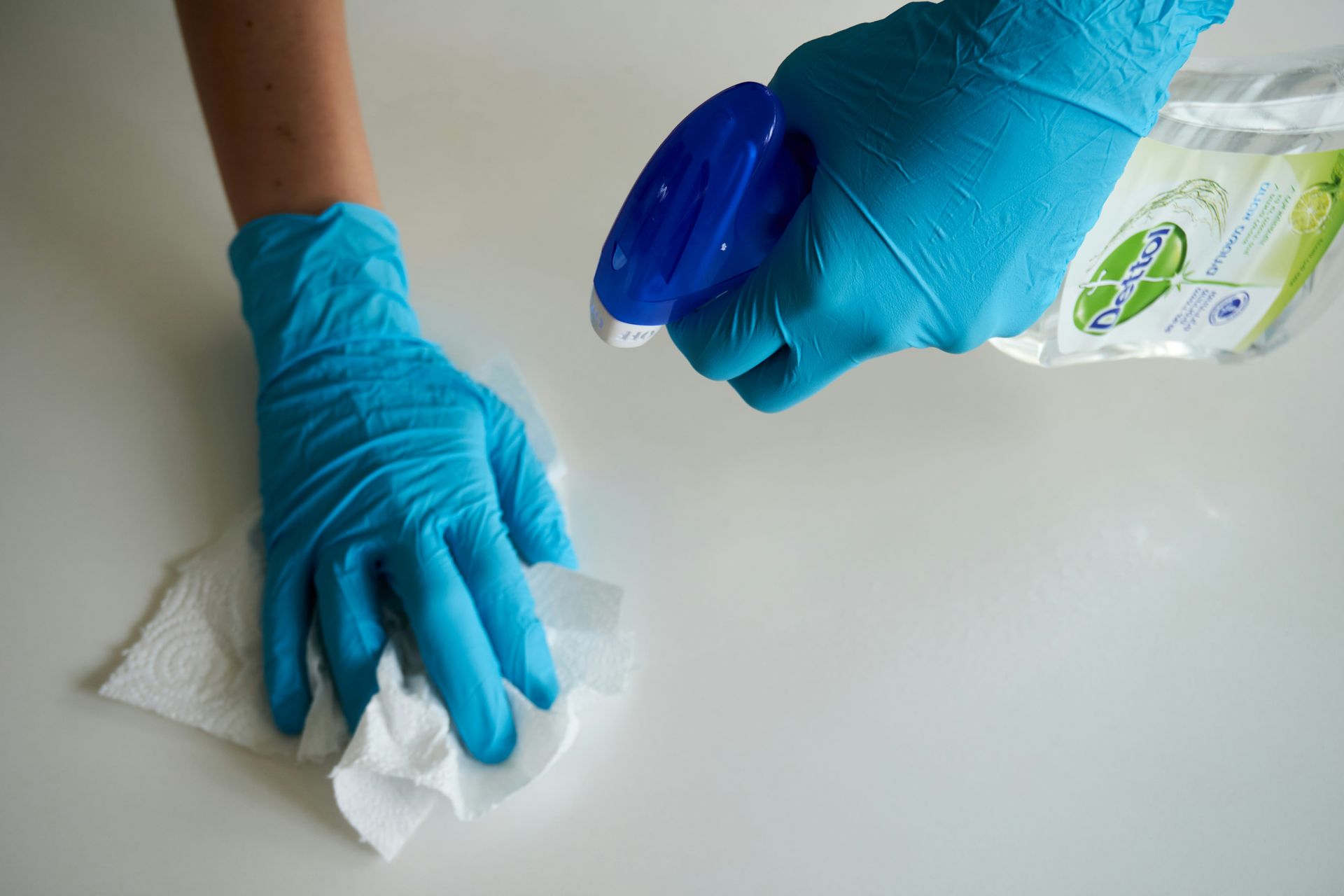
Following are the answers to some of the frequently asked questions on this topic:
1. How long does a deep cleaning take?
A commercial kitchen deep cleaning generally takes between four to eight hours depending on the kitchen size and layout.
2. Can my kitchen remain operational during cleaning?
Certain areas may require a temporary closure while specific equipment, floors, or exhaust systems are being cleaned. For kitchens with heavy use, cleaning companies often recommend scheduling deep cleaning overnight, or during peak-off hours.
3. What safety protocols do professionals follow?
Professional commercial cleaners strictly follow certain safety protocols that include:
- Personal Protective Equipment — gloves, goggles, face masks, slip-resistant footwear.
- Food Safe Disinfectant & Cleaning Agents
- Hazard Contamination — proper ventilation to avoid inhaling fumes and wet floor signs and safety barriers to prevent slips.
These safety protocols minimise any potential risk to staff and customers.
Conclusion
The accumulation of grease, grime, and food residues can lead to serious health problems. Therefore, to maintain safety and high standards of hygiene, professional deep cleaning of a commercial kitchen is necessary.
High-traffic areas, such as busy restaurants should need to be cleaned monthly, while seasonal areas can opt for quarterly cleaning.
As a key takeaway from this article, it is crucial to be proactive and look for the warning signs such as lingering odours and pest activity that indicate you need to call in cleaning professionals immediately.
That said, let’s conclude the article.
Regards,
Stay Safe, Stay Klean!
